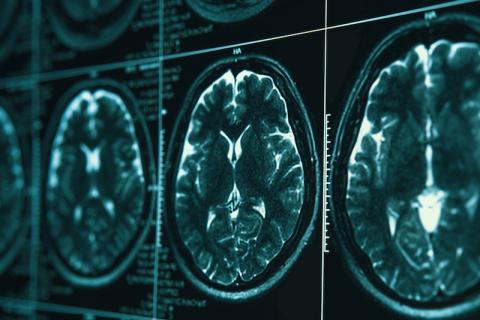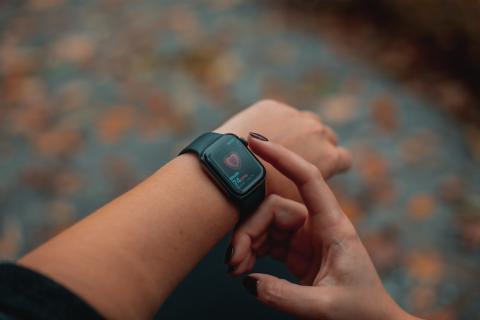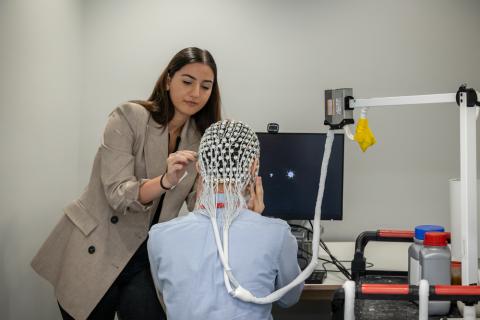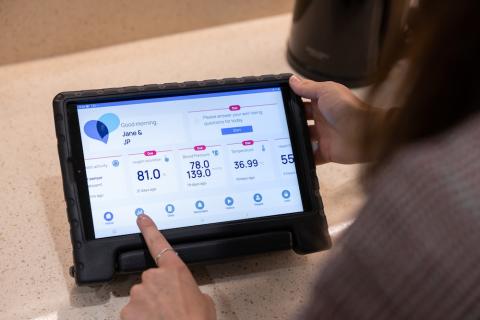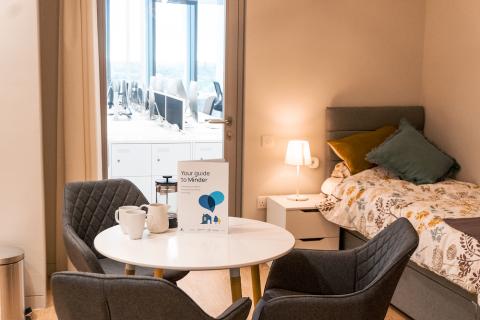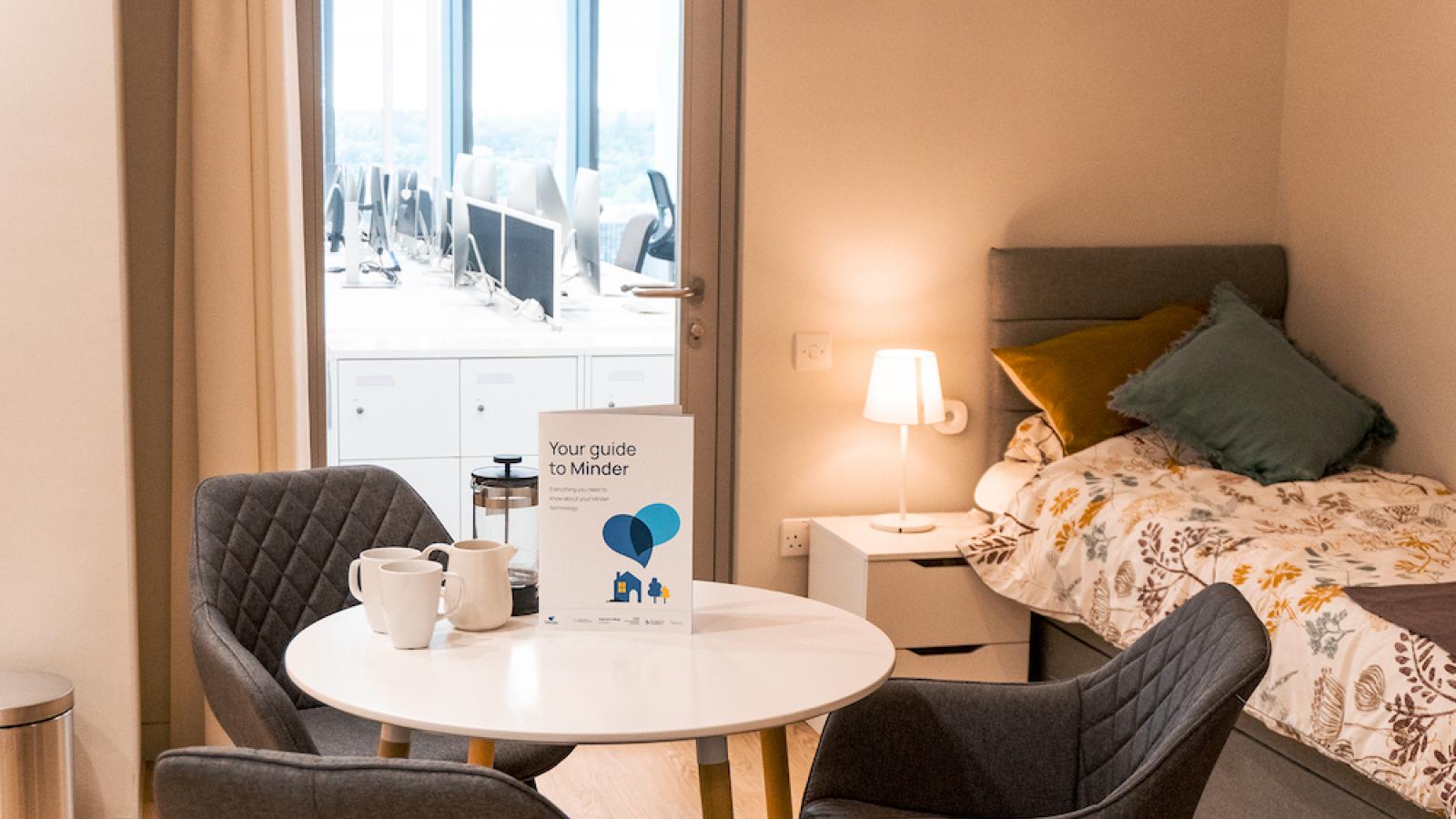Technology has enormous potential to transform the lives of people affected by dementia and neurodegenerative conditions. While many research efforts focus on finding future treatments, the UK DRI is also committed to developing innovative technologies that can help people living with these conditions today.
Through our pioneering work in digital technology and artificial intelligence, we are creating intelligent environments that enable people to live independently for longer while receiving the highest quality of care. Our flagship Minder platform combines advanced sensors, AI, and clinical monitoring to provide personalized support in people's homes, helping to prevent complications and reduce unnecessary hospitalizations.
Beyond Minder, technology is being harnessed in other ways such as smart watch diagnostics that could potentially detect conditions like Parkinson's years before symptoms appear. We work closely with people affected by dementia, their carers, and healthcare professionals to ensure our technologies meet real needs and are both practical and acceptable for everyday use.
An overview of the research taking place at the UK DRI Care Research and Technology Centre. Credit: Alzheimer's Society
Latest news

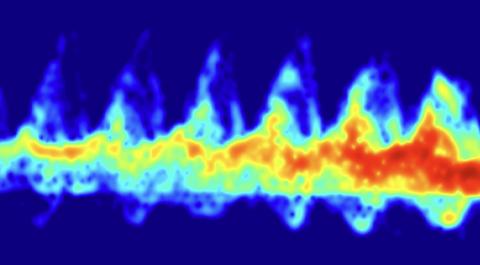

A deeper dive
The development of care and home technology at the UK DRI encompasses multiple technological approaches and applications, from preventive monitoring to active intervention. Our research spans several key areas:
Intelligent Home Monitoring:
- Development of the Minder platform, integrating environmental and physiological sensors
- Real-time data collection and AI-driven analysis
- Clinical integration with NHS teams for rapid intervention
- Privacy-preserving data collection and processing methods
Novel Sensing Technologies:
- Radar-based systems for non-intrusive monitoring of movement and behavior
- Smart wearable devices for early disease detection
- Biosensor development for point-of-care diagnostics
- Advanced sleep and circadian rhythm monitoring systems
Artificial Intelligence and Machine Learning:
- Development of algorithms for early warning detection
- Pattern recognition in behavioral and physiological data
- Predictive analytics for disease progression
- Digital biomarker development
Clinical Integration and Validation:
- Integration with existing healthcare systems
- Development of clinical monitoring protocols
- Validation of technology effectiveness
- Economic impact assessment
Key research questions being addressed include:
- How can we use technology to detect early warning signs of health deterioration? Can digital biomarkers provide early indication of disease onset or progression?
- What are the most effective ways to monitor behavior and well-being while maintaining privacy?
- How can we integrate new technologies into existing healthcare systems?
- How can we optimise technology design for maximum acceptance and effectiveness?
Labs

